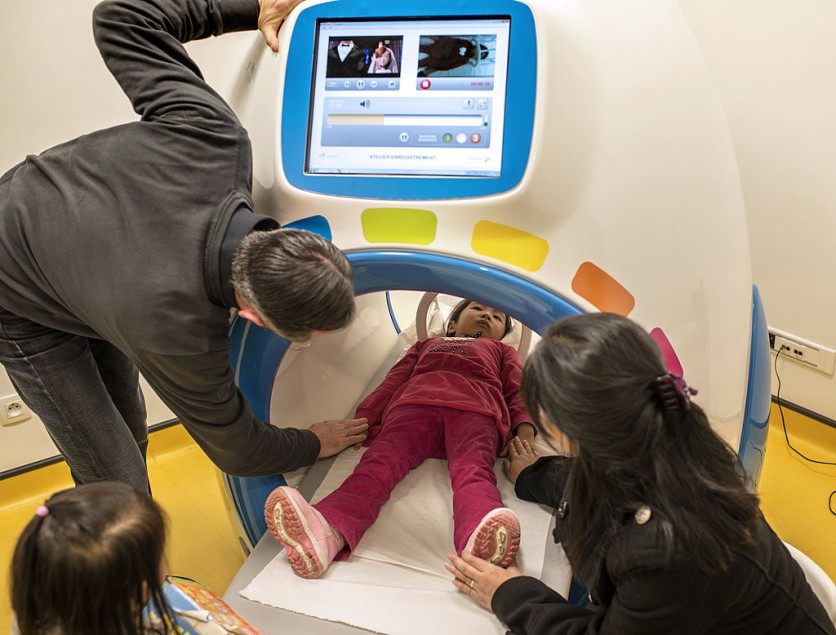Artificial intelligence-powered health screenings by Fujifilm Holdings are now a reality in Vietnam after the Japanese conglomerate reportedly opened a Nura screening location in the Vietnamese capital on Monday (July 1). This marks the third market for Nura centers. In 2021, it was India; in 2023, it was Mongolia.
With its cutting-edge technology, the new center offers cancer and other screenings with artificial intelligence assistance in as little as two hours and feedback on the results.

It can handle up to about 100 patients daily, for a total of 30,000 annually. The 6 million dong ($235) screening fee may seem pricey in a nation where the average monthly salary is 7.5 million dong. Some industry experts, however, maintain that it is still a fair value.
Approximately 180,000 individuals in Vietnam receive a cancer diagnosis annually, as reported by the Ministry of Health. This is a 2.6-fold increase from 2000, when the country's population was aging.
Since the COVID-19 pandemic, people have become more health-conscious, and businesses are looking to provide their staff good benefits. Fujifilm expects a significant demand for CT scans and other imaging tests that are useful in identifying cancer.
Cancer-Detecting AI
AI continues to be leveraged in healthcare, with almost every country finding different ways to utilize the booming technology. Last week, reports noted a study suggesting a potential future wherein doctors might harness AI to detect and diagnose cancer in patients, which could lead to earlier intervention.
DNA, the blueprint for life, contains genetic information stored in four base sequences: A, T, G, and C. DNA methylation is the process by which environmental factors add methyl groups to certain bases, changing them.
These changes can impact gene expression and have been observed in cancer cells, which suggests that they may be diagnostic for early detection. Interpreting these complex methylation patterns is difficult, though; it's like attempting to find a particular needle in a big genetic haystack.
DNA-Examining AI
Imperial College London and Cambridge University researchers have now developed an AI model that has been educated in deep learning and machine learning methods.
Their goal is to examine DNA methylation profiles to identify patterns that correspond to 13 distinct cancer types, such as malignancies of the breast, liver, lung, and prostate.
The algorithm, which relies on tissue samples rather than DNA fragments derived from blood, was able to identify between cancerous and non-cancerous tissues with an accuracy of 98.2%, according to the team. Extensive testing on various biopsy samples would be necessary to bring this AI into clinical use.
AI's interpretability, its ability to clarify the reasoning behind its diagnostic predictions, is crucial to understanding the study's conclusions. By deciphering the fundamental processes leading to cancer, AI aims to improve understanding and increase trust in its medical uses.





![Most Useful Google Chrome Keyboard Shortcuts You Need to Know to Improve Your Browsing Experience [2024]](https://d.techtimes.com/en/full/449047/most-useful-google-chrome-keyboard-shortcuts-you-need-know-improve-your-browsing-experience-2024.jpg?w=184&h=103&f=476d29fd60df70a67f6679f99a2ca6d0)